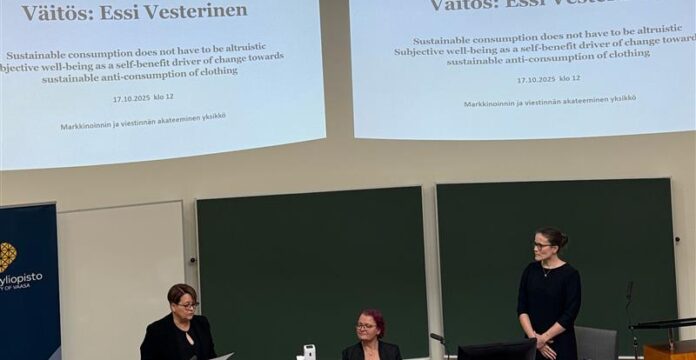In today’s rapidly evolving business landscape, SMEs face the dual challenge of remaining competitive while adapting their processes and business models to become more sustainable. One of the most effective strategies for navigating this transition is through their involvement in clusters. These business networks play a pivotal role in fostering collaboration, innovation, and resilience in the quest for sustainability.
Fostering Collaboration, Innovation and resilience
Clusters are instrumental in creating an environment where collaboration thrives. By encouraging partnerships among firms and research institutions, clusters facilitate the sharing of knowledge and resources necessary for developing sustainable technologies and practices. This collaborative spirit is particularly vital in sectors focused on energy efficiency and resource management. For instance, clusters can help businesses pool their resources to invest in innovative solutions that might be too costly or complex to tackle individually.
Clusters are also essential for implementing policies that align with the European Union’s broader sustainability goals. They serve as a bridge between local initiatives and EU-wide strategies, ensuring that regional efforts contribute to global objectives such as climate neutrality and circular economy practices.
In an era marked by global disruptions—such as the COVID-19 pandemic and geopolitical tensions—clusters also play a critical role in building resilience within regional economies. By diversifying supply chains and promoting local reindustrialization, clusters help regions adapt to changing market conditions while minimizing environmental impacts. This resilience is crucial for businesses looking to navigate uncertainties and maintain stability.
Challenges Along the Way
However, the journey toward a greener future is not without its challenges. One significant hurdle is ensuring that cluster policies align effectively with national and EU-wide sustainability goals. Inconsistent policy frameworks can hinder the effectiveness of clusters in driving meaningful change. Another challenge lies in coordinating among diverse stakeholders within clusters. With various interests at play, achieving effective collaboration can be complex and may slow down decision-making processes.
Embracing Opportunities
Despite these challenges, there are ample opportunities for clusters to make a significant impact on the green transition. Clusters provide an excellent platform for developing new business models that prioritize sustainability. By sharing knowledge and resources, member organizations can explore innovative market opportunities that align with environmental goals. Finally, by integrating small and medium-sized enterprises (SMEs) into global value chains through collective action, clusters can enhance their members’ competitiveness on an international scale while promoting sustainable practices.
ENDURANCE: Supporting EU clusters to become green transition catalysts
Within this context, the University of Vaasa has recently entered a partnership with the goal to equip European clusters with the necessary skills and competences to navigate the green transition. Together with partners from Denmark, Spain and Bulgaria, the Endurance project has developed an accelerator methodology and a training toolkit centered around four key pathways : entrepreneurship and innovation for sustainability, cross-collaboration for sustainability, digitalisation for green transition, and circular systemic solutions. At a later stage, the partnership will release a set of good practices from EU clusters in the form of inspiration videos. Stay tuned!
Access green transition resources on the project website:
https://www.endurance-accelerator.eu/
This blog post was written by Erwan Mouazan, Circular Economy post-doctoral researcher at the School of Marketing and Communication at the University of Vaasa.




